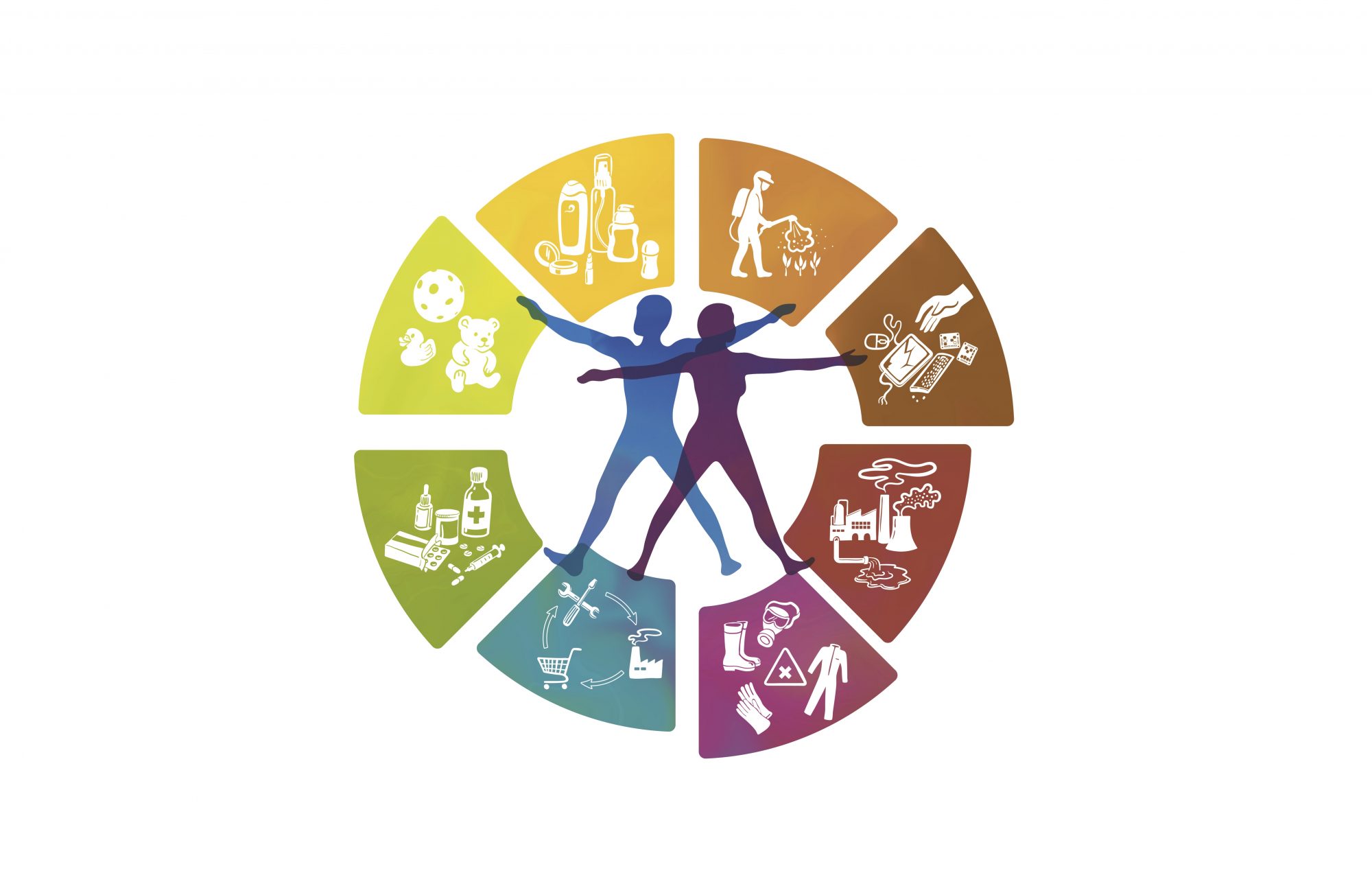
The year 2020 marks not only an important year for chemicals and waste, it is also a “super year” for gender equality: UN Women celebrates its tenth anniversary and the 25th anniversary of the Beijing Declaration and Platform for Action. Twenty-five years ago 17,000 participants and 30,000 activists from around the world came to Beijing to participate or demonstrate at the Fourth World Conference on Women in September 1995 to strengthen gender equality and the empowerment of all women. After two weeks of political debate and tough negotiations, the most progressive blueprint ever for advancing women’s rights, the Beijing Declaration and Platform for Action, was adopted.
Even if you don’t remember the World Conference itself, we’re pretty sure you’ve heard the famous quote by Hillary Clinton, underlining that gender equality is at the very heart of human rights and the United Nations:

As a defining framework for change, the Beijing Platform for Action made comprehensive commitments in 12 critical areas of concern. Even 25 years later, it remains powerful: The concept of gender mainstreaming was developed, which is the chosen approach of the United Nations system and international community towards realizing gender equality until today, and the interlinkages of “Women and the Environment” were highlighted for the very first time (UN Women, 2020) – a novelty in international policy.
Let’s dive a little deeper into the document to see why it is still so important – including for a future framework for the sound management of chemicals and waste:
In Chapter K “Women and the Environment”, the Beijing Platform for Action comprehensively defines the interlinkages between women and environmental policy:
246. “Women have an essential role to play in the development of sustainable and ecologically sound consumption and production patterns and approaches to natural resource management (…).”
249. “Women remain largely absent at all levels of policy formulation and decision-making in natural resource and environmental management, conservation, protection and rehabilitation, and their experience and skills in advocacy for and monitoring of proper natural resource management too often remain marginalized in policy-making and decision-making bodies (…).”
Clear political guidance was also given regarding the gendered effects of chemicals:
247. “Environmental risks in the home and workplace may have a disproportionate impact on women’s health because of women’s different susceptibilities to the toxic effects of various chemicals. These risks to women’s health are particularly high in urban areas, as well as in low-income areas where there is a high concentration of polluting industrial facilities.
Actions to be taken include:
25.8 (…) Develop gender-sensitive databases, information and monitoring systems and participatory action-oriented research, methodologies and policy analyses, with the collaboration of academic institutions and local women researchers, on the following: The impact on women of environmental and natural resource degradation, deriving from, inter alia, unsustainable production and consumption patterns, drought, poor quality water, global warming, desertification, sealevel rise, hazardous waste, natural disasters, toxic chemicals and pesticide residues, radioactive waste, armed conflicts and its consequences;
(…) Ensure the full compliance with relevant international obligations, including where relevant, the Basel Convention and other conventions relating to the transboundary movements of hazardous wastes (which include toxic wastes) and the Code of Practice of the International Atomic Energy Agency relating to the movement of radioactive waste; enact and enforce regulations for environmentally sound management related to safe storage and movements; consider taking action towards the prohibition of those movements that are unsafe and insecure; ensure the strict control and management of hazardous wastes and radioactive waste, in accordance with relevant international and regional obligations and eliminate the exportation of such wastes to countries that, individually or through international agreements, prohibit their importation; (…)”
25 years ago, the Beijing Declaration and Platform for Action stated:
- that women are agents of change,
- that women’s full participation is crucial, and
- that gender mainstreaming needs to be implemented in all policy fields – including chemicals and waste.
The Beijing Declaration and Platform for Action remains as relevant as ever! Let’s celebrate its 25th anniversary by finally implementing its recommended actions.

Today, on 9 March 2020, the 64th session of the Commission on the Status of Women (CSW64) is happening, which marks the starting point for the celebrations and the UN Women special campaign “Generation Equality: Realizing women’s rights for an equal future”. Sadly, due to the coronavirus, it was decided that the commission will convene for a shortened and procedural meeting only. “The meeting will include opening statements, followed by the adoption of the draft Political Declaration and action on any other draft resolutions. The session will then suspend until further notification. No general debate will take place, and all side events planned by Member States and the UN system in conjunction with CSW 64 will be cancelled” (UN Women). 12.000 participants were expected for this major event in New York this week – we all had to cancel our trips, and hope that we will be able to convene somewhere sometime soon.

it’s a very interesting course